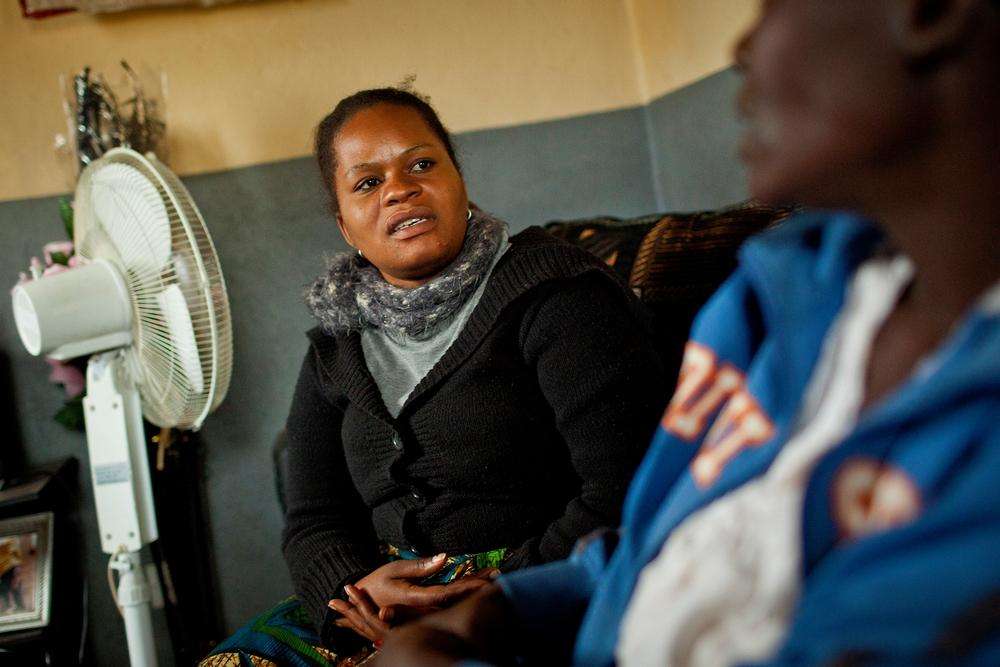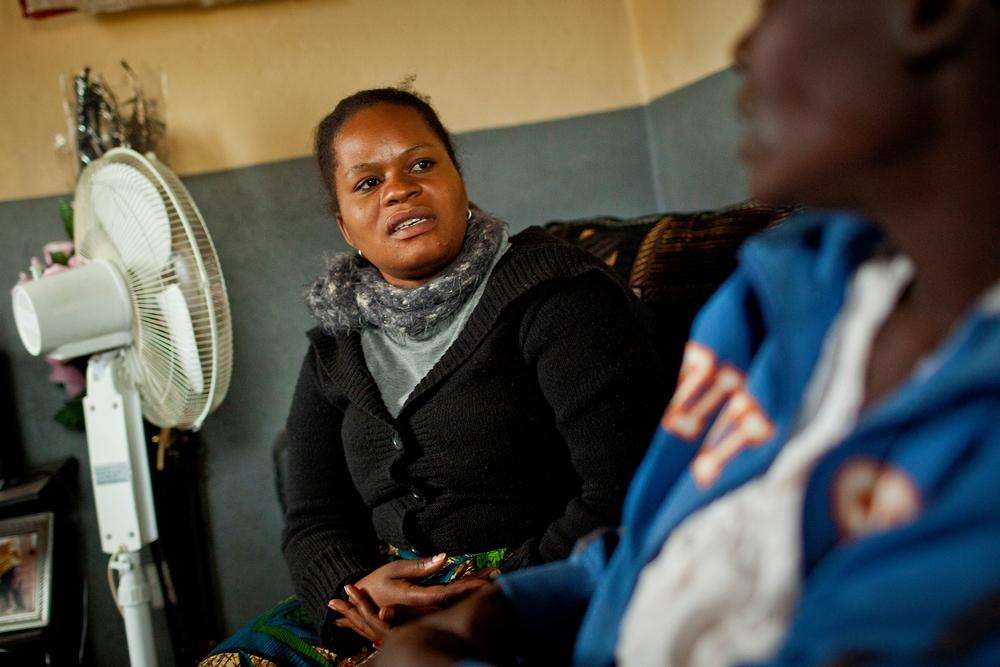In settings with a high HIV/TB burden and significant shortages of human resources for health (HRH), task shifting strategies have relied on lay workers to provide HIV testing and counselling (HTC) and adherence support for HIV and TB treatments.
While in some countries these tasks were integrated into the work of existing community cadres such as community health workers, new basic cadres have been created and trained in other countries, supported mainly through international funds.
Agreements made with donors have mostly been to provide temporary support until a long-term solution was found. Unfortunately, there are few examples where Ministries of Health have been able to absorb lay counsellors into their health system or otherwise sustain their work.
In this report we aim to document the role of lay counsellors in HTC and adherence support and assess bottlenecks related to operationalization and sustained support in selected countries. We compare the experiences around lay counsellors providing HIV/TB care in a convenience sample of eight countries across sub-Saharan Africa: Guinea, Lesotho, Malawi, Mozambique, South Africa, Swaziland, Zambia, and Zimbabwe. Sources of information include literature reviews; review of national policies; annual reviews of health sectors in different countries; donor proposals; and key informant interviews with government staff and partners around harmonization of approaches (including job profiles, training, supervision and entry criteria), inclusion in national strategies, and financing of lay counsellors.
This review finds that lay counsellors have played a critical role in scaling up HIV and TB services. In most countries, however, the work of lay counsellors is done in the absence of a supportive policy framework and is inadequately addressed by national HRH strategic plans.
Countries have taken several steps in recognizing lay counsellors and harmonizing approaches to training, job descriptions and support, but formal integration of this cadre into national health care systems is limited. The current trend of reduced donor support for recurrent costs related to HIV programs, such as salaries of lay counsellors, combined with lack of national prioritization, threaten the sustainability of this cadre and the important support they provide to HIV and TB service delivery.
Counselling services are critical to many of the recommendations put forward in the 2013 WHO Consolidated Guidelines on the use of ARV drugs, including viral load monitoring and early initiation of antiretroviral therapy (ART), and are also key to reaching the ambitious targets put forward by UNAIDS in 2014 (also known as ‘90- 90-90’). This report aims to highlight certain trends, obstacles and solutions that can contribute towards recognition of and sustained counselling support in HIV/TB programs.





